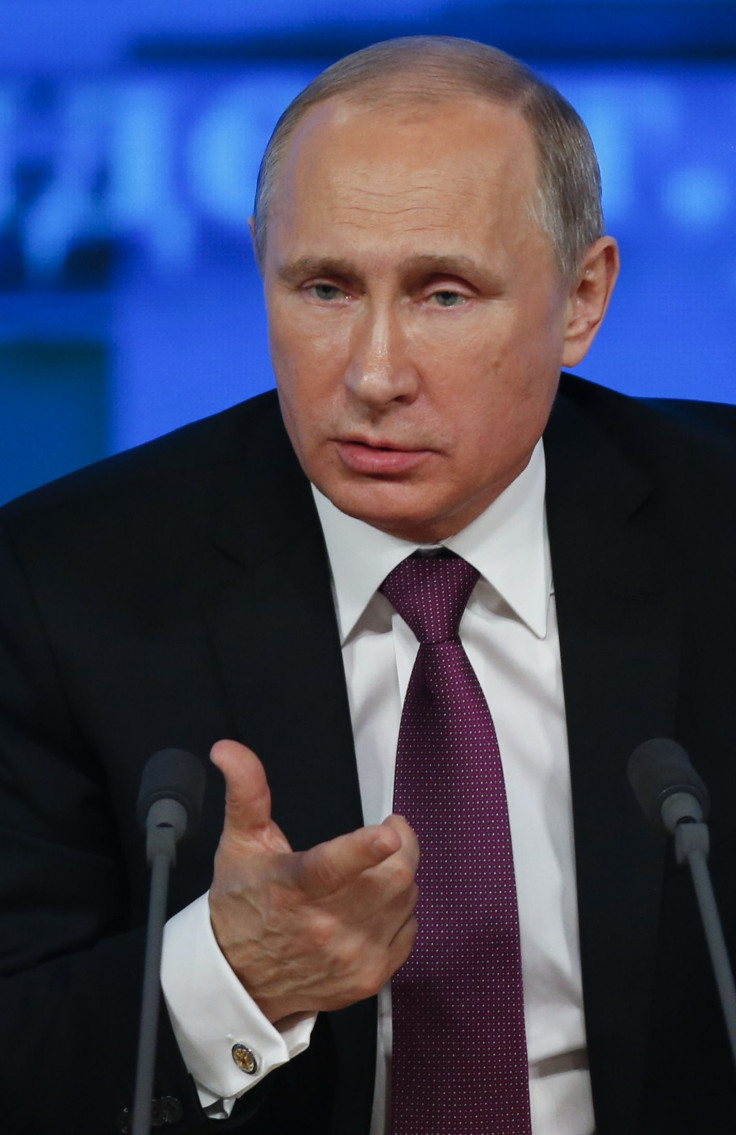US Anxious Over Russia Move To Sell Sophisticated Arms, Defence Systems To Iran; Russia Needs The Cash

Russia’s announcement on Monday that it is lifting its self-imposed embargo on supplying Iran with the sophisticated S-300 air defence missile system has pressed the panic button in the United States. Russia explained the interim deal on Iran's nuclear programme on April 2 facilitated the decision since it effectively made the ban unnecessary. The G7 nations, led by Germany, blasted Russia for its early jumping on the gun, saying it should have first waited until after the full agreement, expected by June 30, has been finalised and signed.
While admitting the transfer of the S-300 missiles to Iran does not violate existing U.N. Security Council sanctions, Marie Harf, U.tiS. State Department spokeswoman, said the timing was inappropriate. Frank-Walter Steinmeier, German Foreign Minister, echoed Harf’s observations, saying it is too early for Russia to extend rewards since the final agreement has yet to be really sealed. “To talk about rewards already is too early,” Steinmeier told reporters in the German port city of Luebeck.
Dmitry Peskov, presidential spokesman for Russian President Vladimir Putin, said the weapons will be shipped anytime soon. "The decree stipulates ... no delays," Peskov said. "It comes into force on the day it was signed," which was on Monday.
Ben Moores, a senior analyst at arms industry analytics firm IHS, believed Russia’s excited overture stemmed from the desire to capture Iran’s attention so that it will purchase its arms and other defence systems from Moscow. Moores told The Moscow Times on Tuesday that Iran has potentially $40 billion to spend to “re-equip” and modernise its military. Russia would most definitely want to corner that market, he said.
Russia’s S-300 has been described as a surface-to-air missile system that can be used against multiple targets including jets. It can also strike down other missiles. Iran signed with Russia to purchase five S-300 batteries in 2007, then worth $800 million. But because of the sanctions imposed by the United Nations Security Council on Iran, Russia froze the contract in 2010.
Sergey Lavrov, Russian Foreign Minister, said Russia’s embargo had been a separate one from the UN. He added in televised comments that the lifting of the ban was done “in the spirit of goodwill in order to encourage progress in talks.”
Russia is desperate for income, Moores said, and will most definitely be extra attentive to supply Iran’s needs for new armaments. The IHS analyst believed Iran’s priorities will be helicopters, frigates, fighter aircraft, army [communications] and radios, and air defences, where Russia happened to be competitive in such categories. Citing IHS data, Moscow Times said Russia sold in 2014 helicopters and aircraft worth $6.6 billion, as well as exported $900 million in ship hulls.
To report problems or to leave feedback about this article, email: e.misa@ibtimes.com.au.





















